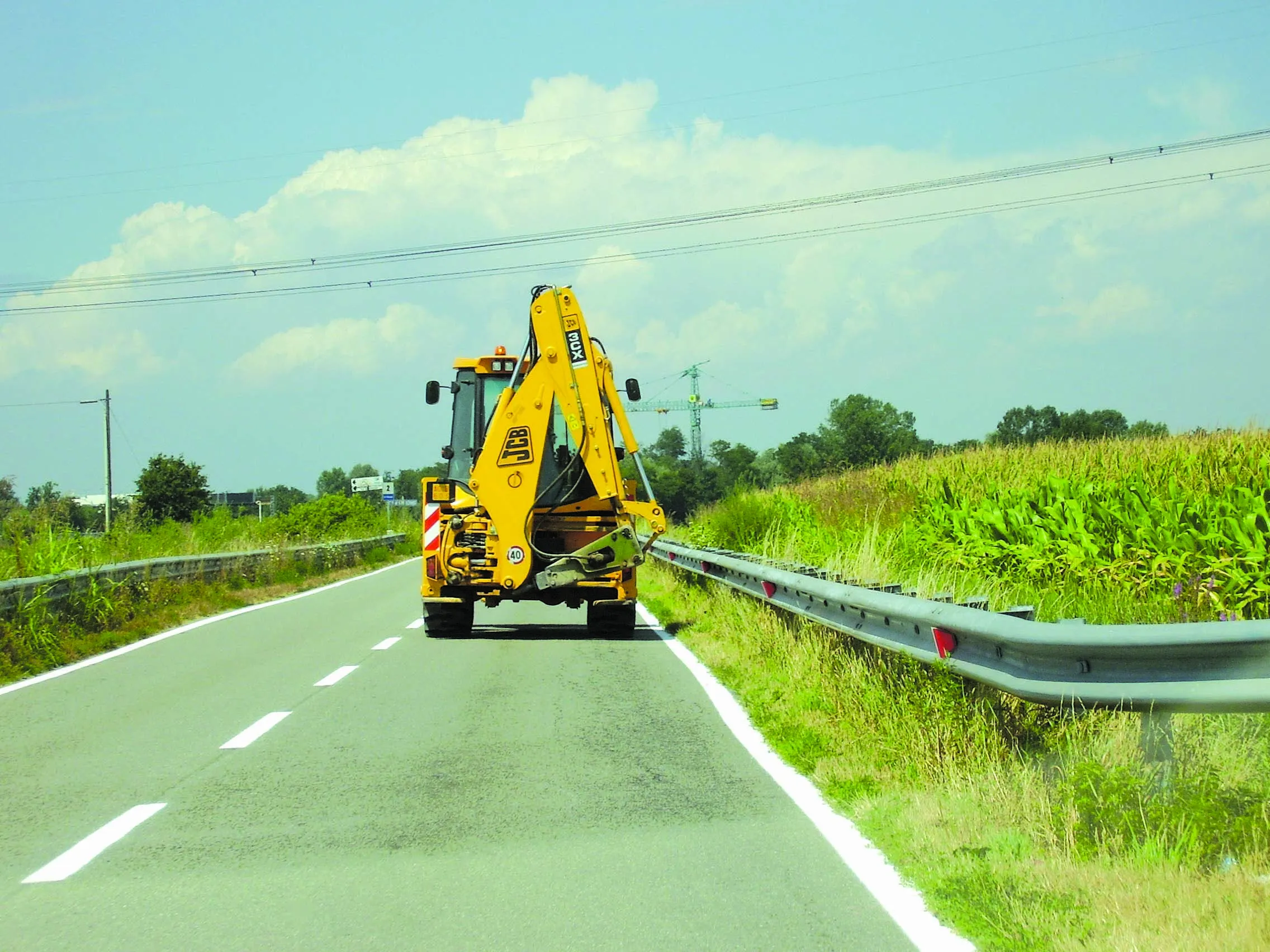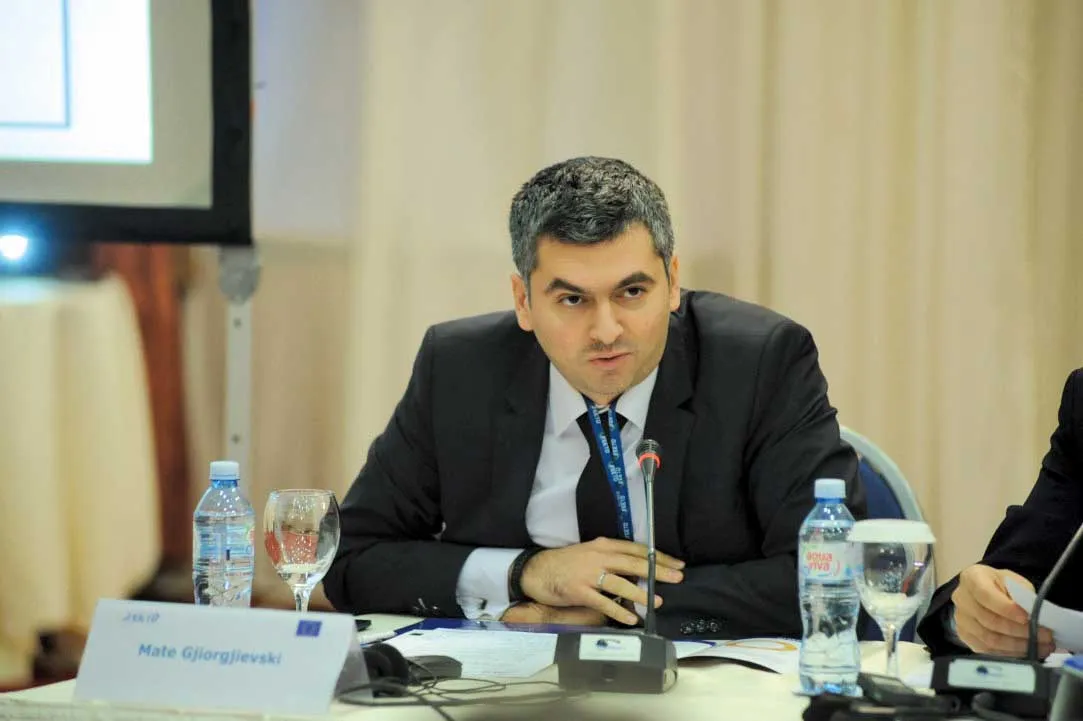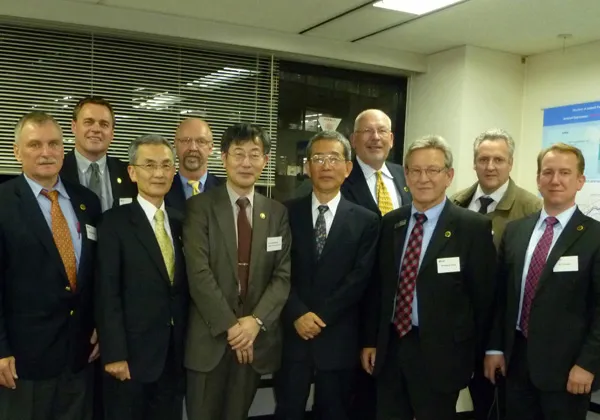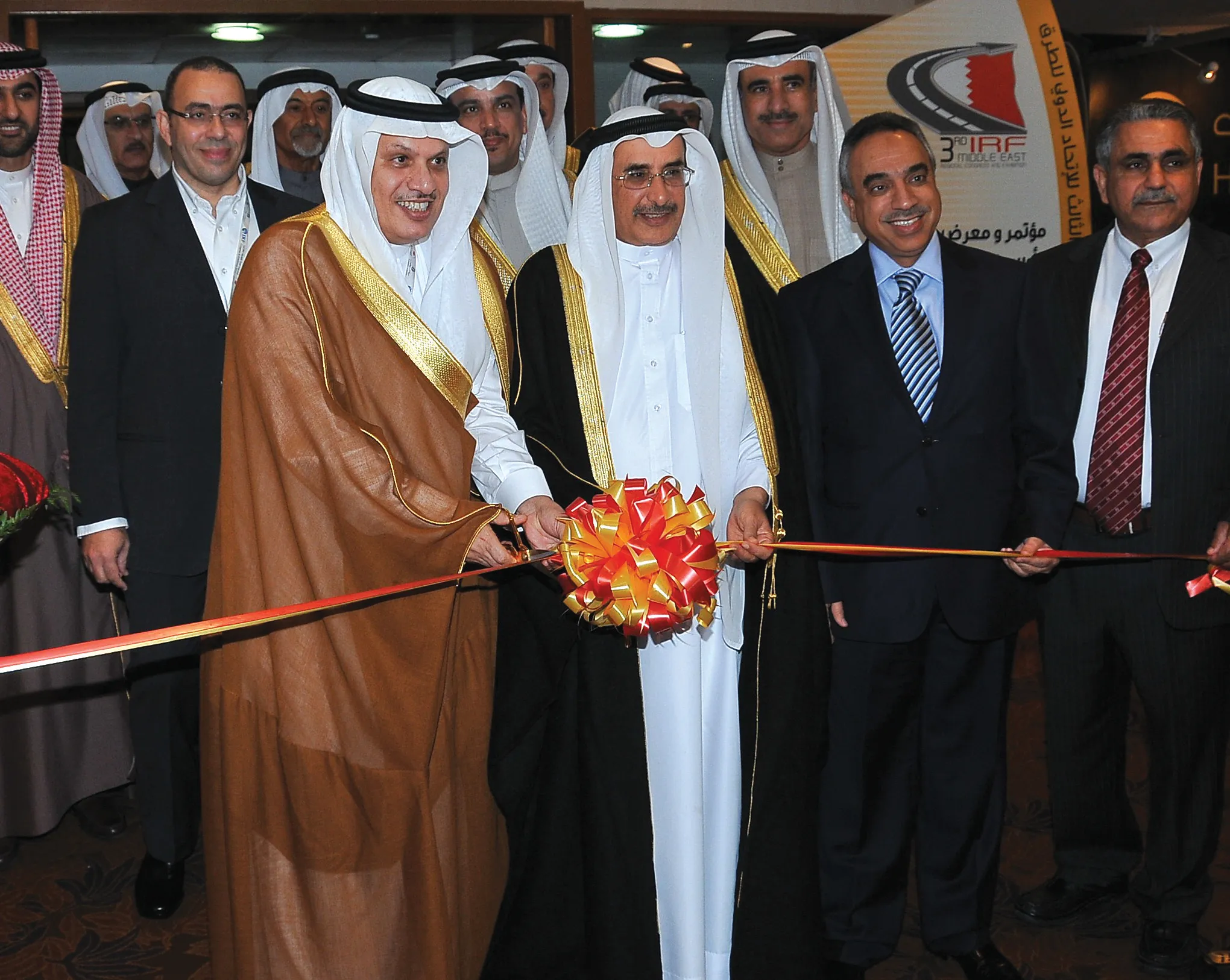IRF calls for road safety audits on all donor-funded projects
By the end of the United Nations Decade of Action for Road Safety 2011-2020, it is estimated that the World Bank and other major development donors will collectively have invested well over US$100 billion in road infrastructure programmes across hundreds of individual projects, representing a considerable opportunity to introduce or strengthen risk management practices from the design stage.
In January 2014, the International Road Federat
May 14, 2015
Read time: 2 mins
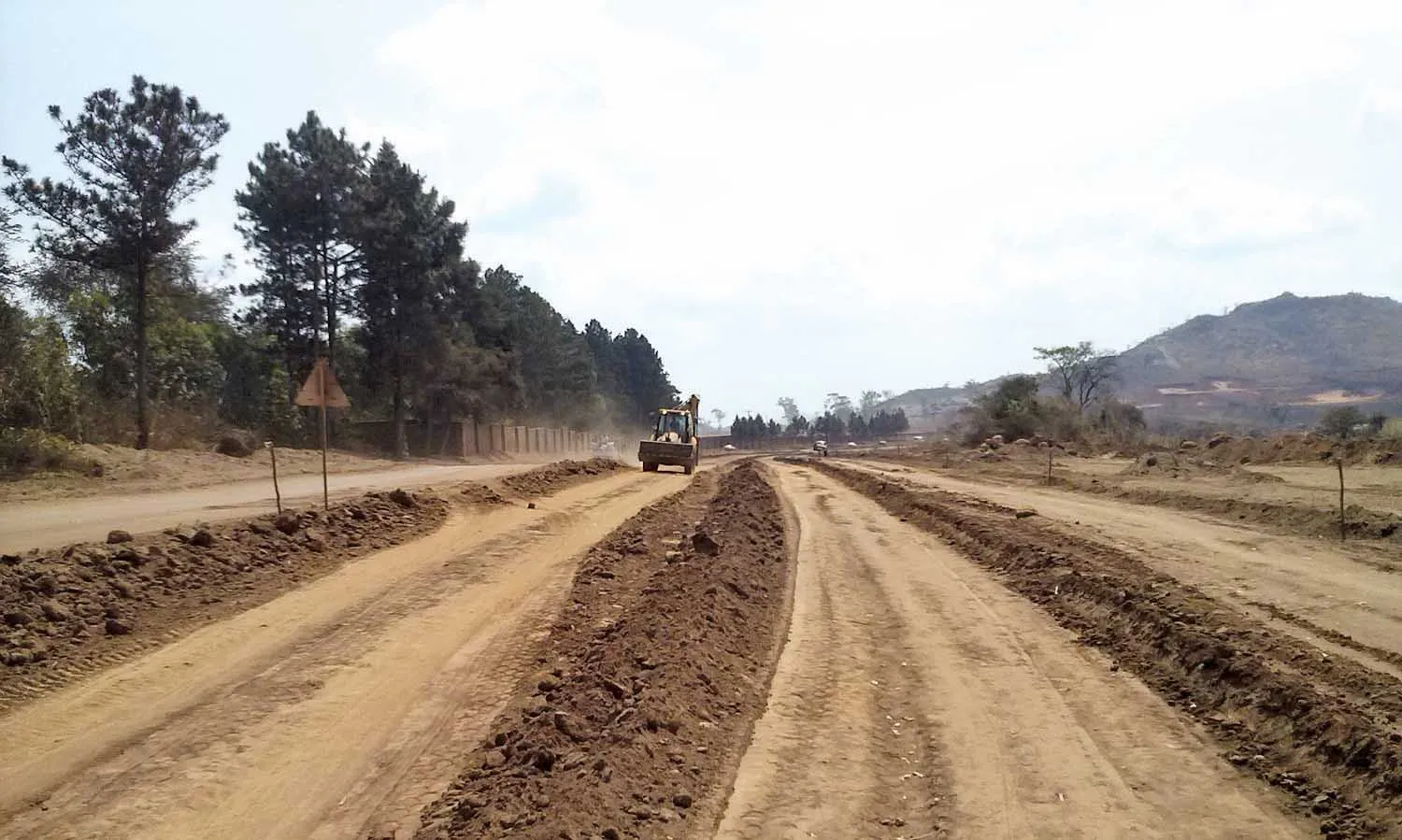
IRF calls for road safety audits on all donor-funded projects
By the end of the3262 United Nations Decade of Action for Road Safety 2011-2020, it is estimated that the World Bank and other major development donors will collectively have invested well over US$100 billion in road infrastructure programmes across hundreds of individual projects, representing a considerable opportunity to introduce or strengthen risk management practices from the design stage.
In January 2014, the International Road Federation (3918 IRF Washington) released a policy statement calling for stringent safeguards for all new projects funded by multilateral development banks (MDB).
Emerging economies are rapidly renovating and expanding their road networks to accommodate growing domestic trade and mobility needs. These new roads have enormous potential to stimulate economic growth and lift standards of living, yet can also present risks when key safety considerations are omitted in the design or construction phases.
Preventive risk identification measures, such as road safety audits carried out at the detailed design and pre-opening stages of new or rehabilitated roads, offer a well-established and cost-effective tool to independently review the safety characteristics of road projects, as acknowledged by the World Bank. Considering the MDBs’ development agenda, their ability to leverage public and private sector funds, and their strong ties with national road authorities, the IRF supports the mandatory introduction of, and associated funding for, road safety audits linked to all new MDB road investment loans.
Roads built today are durable assets whose lifespan typically runs for several decades, over which time the mix and volume of traffic is likely to evolve to a considerable extent, creating new safety hazards. To prepare for these changes, road agencies must ensure regular road safety inspections are conducted. Road agencies must also retain well-trained staff with access to up-to-date knowledge resources to implement the findings of these inspections. The IRF encourages road agencies receiving MDB road investment loans to conduct a training gap analysis to determine immediate up-skilling needs, and develop a continuing road safety education program for their staff.
By the end of the
In January 2014, the International Road Federation (
Emerging economies are rapidly renovating and expanding their road networks to accommodate growing domestic trade and mobility needs. These new roads have enormous potential to stimulate economic growth and lift standards of living, yet can also present risks when key safety considerations are omitted in the design or construction phases.
Preventive risk identification measures, such as road safety audits carried out at the detailed design and pre-opening stages of new or rehabilitated roads, offer a well-established and cost-effective tool to independently review the safety characteristics of road projects, as acknowledged by the World Bank. Considering the MDBs’ development agenda, their ability to leverage public and private sector funds, and their strong ties with national road authorities, the IRF supports the mandatory introduction of, and associated funding for, road safety audits linked to all new MDB road investment loans.
Roads built today are durable assets whose lifespan typically runs for several decades, over which time the mix and volume of traffic is likely to evolve to a considerable extent, creating new safety hazards. To prepare for these changes, road agencies must ensure regular road safety inspections are conducted. Road agencies must also retain well-trained staff with access to up-to-date knowledge resources to implement the findings of these inspections. The IRF encourages road agencies receiving MDB road investment loans to conduct a training gap analysis to determine immediate up-skilling needs, and develop a continuing road safety education program for their staff.


